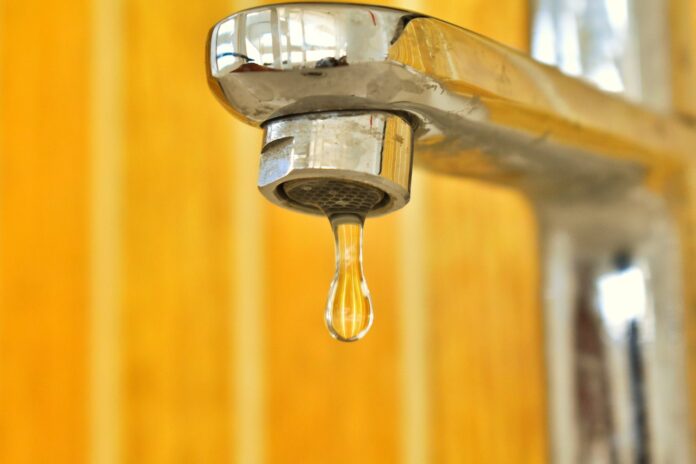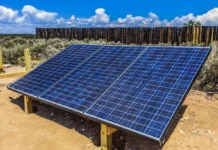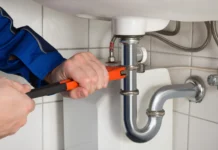Are you having trouble with a pesky and incessant drip, drip, drip from your taps? You’re not alone! They are a common and frustrating problem that can be caused by many different things. But don’t worry – in this blog, we’ll discuss some of the most common causes of leaky taps and how you can take steps to prevent them from happening in your home. So, keep reading if you want to learn more about this all!
Common Causes of Leaky Taps
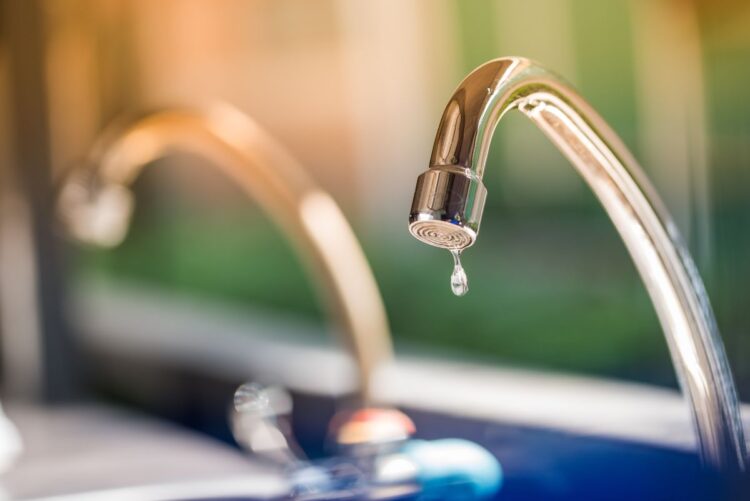
It is one of the most common plumbing problems and can be caused by a number of different reasons. Here we cover some of the more common causes and how to reduce the chance of them occurring.
- Corrosion: Over time minerals in water such as calcium, magnesium, iron and zinc can build up on the valve seat inside your tap, leading to wear-and-tear that can cause it to leak. Fitting limescale reducing aerators to taps can help reduce this build up over time.
- Incorrect installation: If a tap isn’t correctly installed it increases the chance that it will start leaking. Hiring a qualified plumber who is experienced in installing it correctly is important if you wish to avoid costly repairs down the line.
- Wear and tear: Taps experience wear-and-tear through continual everyday use – especially if they are frequently opened and shut very tightly, as this puts great pressure on components like washers or O-rings inside. To help prolong your tap’s life check for signs of wear or leakage regularly and get them professionally fixed or replaced as required.
Professional Assistance
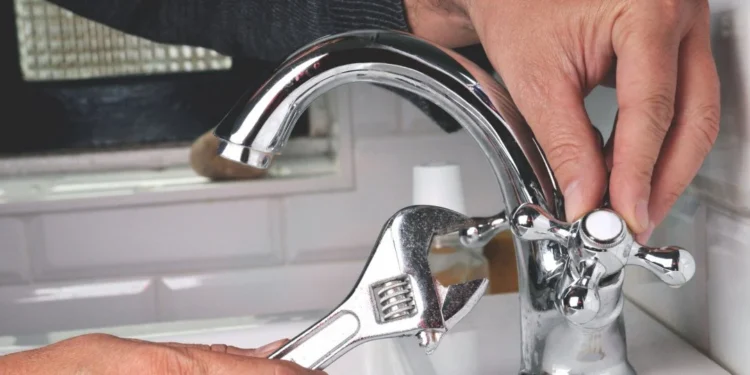
If you have a plumbing issue that may require professional help, it’s important to consider the factors that can lead to it. Knowing what causes a tap to be at risk can greatly reduce your chances of experiencing the often inconvenient, time consuming and costly problem.
Common causes of leakage or failing include poor workmanship during installation, failure of the O-ring or washer seal that creates a watertight connection between the tap and the basin, poorly maintained taps which become corroded over time and other plumbing issues.
When fixing this issue, an experienced plumber will check for loose screws, buildup on valves as well as debris in pipes which can all cause taps to leak. It is especially important for old models as these parts may need replacing rather than reattaching or tightening. They can also check for corrosion from hard water or negligent maintenance – this is especially common in older fixtures.
It is advisable to seek professional advice when attempting any kind of leaking tap repairs on your own as this could worsen the problem and further damage pipes due to improper handling. Professional trades people are experienced with diagnosing problematic leaks and can advise on best practice repairs or replacements.
Preventative Measures
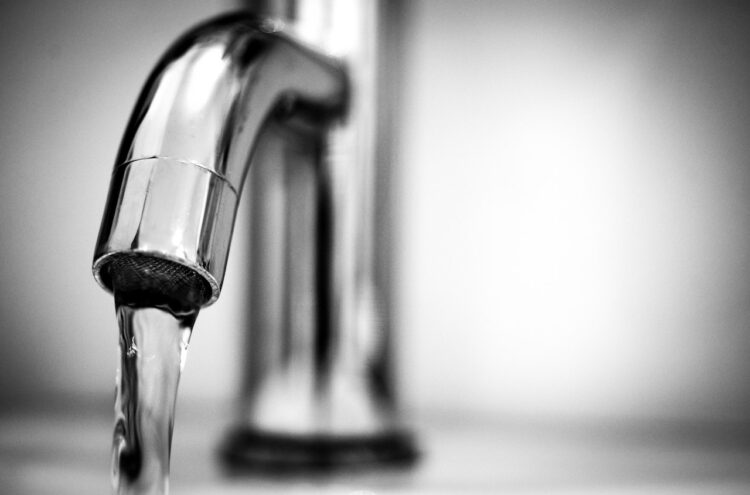
To reduce the chances of experiencing a leaking tap, consider taking the following preventative measures:
- Check for corrosion: Corrosion is often one of the primary causes for leaking taps, as it may lead to wear and tear in the pipes or other parts associated with the tap itself. Regular inspection and cleaning of your taps can help to spot any signs of corrosion or deterioration early on, thus allowing you to fix it before the situation escalates into something more serious.
- Replace seals: Oftentimes, these leaks are caused by old and worn-out seals which are no longer functioning correctly. Be sure to replace these seals regularly as they tend to become brittle over time and that’s when leaks can start occurring. Make sure you always use seals certified by authorities so that it fits correctly and provides long term prevention.
- Be mindful of pressure: Try not to put too much strain on your taps as this can damage them over time and may cause them to start leaking after prolonged use. Take care when using high-pressure cleaners on your taps, as these may damage some parts from excessive force or heat used in the process.
- Clean regularly: One great way to reduce the wear and tear of your faucet is by cleaning it regularly with a microfiber cloth—as this will also help make sure any lime buildup does not happen which might further create additional problems for leaking taps. Also ensure that no debris is stuck in between different areas where components meet—which can cause additional damage over time if not carefully inspected beforehand.
Repairing Leaky Taps
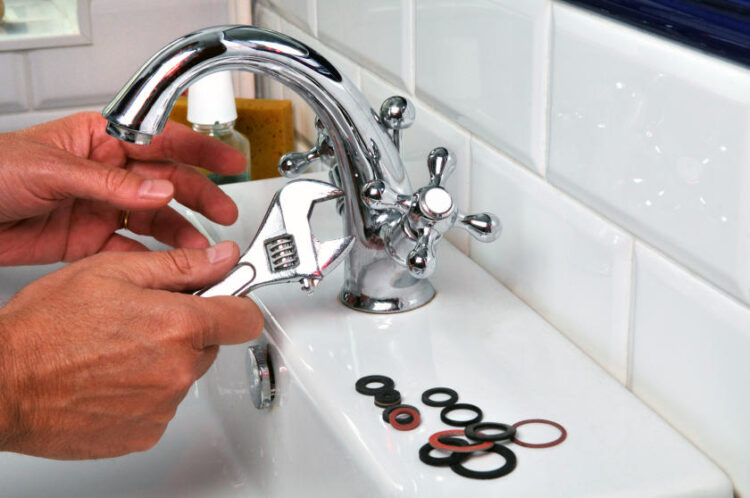
When considering repairing a leakage, it is important to consider the type of tap you have as well as any components that may have already been replaced before. Identifying these components allows for you to accurately determine what needs to be changed and the best course of action for repair.
The most common repairs include replacing washers and O-rings, replacing old valves with new ones, and checking for any corrosion or mineral build-up in the pipes or components involved. In some cases, if a problem is identified early enough you may also be able to clean out build-up without having to replace anything.
No matter how much effort is put into keeping it in good condition, they will eventually need replacement due to wear and tear over time. Replacing old models with newer ones can greatly reduce the chances of leaks occurring in the future. As newer models typically use ceramic disks instead of rubber washers, they do not suffer from wear like rubber components will over time – giving them a longer life span when cared for properly.
In addition to considering replacement options, proper maintenance can help reduce instances of leaking taps too – specifically removing built up deposits from around pipes and spouts often as well considering descaling every few months if hard water is common in your area.
Conclusion
In conclusion, they can be a common problem, especially when it comes to older fixtures. The main causes of it are due to loose or worn out washers, corroded or worn out seats or valve stems, or corroded pipes. By regularly performing regular maintenance checks and promptly addressing any problems that arise, you can reduce the chances of experiencing a leakage in your home. Additionally, if you are replacing an old fixture with a new one, be sure to install it properly and use the right type of washer. With these steps in place, you should have fewer instances where you need to call upon a qualified plumber to help repair your leakage.

